When King Richard III rode towards his fatal clash on Bosworth Field (or Redemoor, as he'd have known it), all bets favored him. He held the kingship, and along with it the ability to confer wealth and power right now. His great-grandfather may have been able to command loyalty as his birthright, but Richard could buy it.
The actions of his father, brothers, uncles and cousins had eroded the rest. Yet he'd been right alongside them, playing his part too.
By 1485, real power lay with the nobles. Those who had risen to prominence by backing the right people at the right time, playing dangerous games successfully for the whole three decades. These were the men with the titles, wealth and land. They could command huge militia forces, experienced after all of those years of battle. They could decide whom they would favor in the next clash.
Richard still had the edge. He was known. His family had ruled for centuries. He had been born to govern vast estates, and had grown up alongside monarchs, watching, advising and finally becoming one himself. Politically it made sense to support him. Monetarily, it certainly did.
So when the call went out, most nobles answered it on the side of their extant king.
Henry Tudor was the opposite in all things. Untried on a battle-field, inexperienced in war, exiled in Brittany for half of his life. The first half had been spent in deepest Wales, a fact always subject to suspicion in 15th century England. He didn't have the personal wealth to purchase influence. Any titles and land on the negotiation table amounted to nothing more than promises only. He didn't have the power to confer the reality.
But he did have a formidable mother, and Margaret Beaufort was married to the most successful noble of all. Thomas, Lord Stanley, had reached that level by consistently picking the right side - or, more usually, hedging his bets with a brother on one side and himself on another - and his decision at Bosworth could make all of the difference.



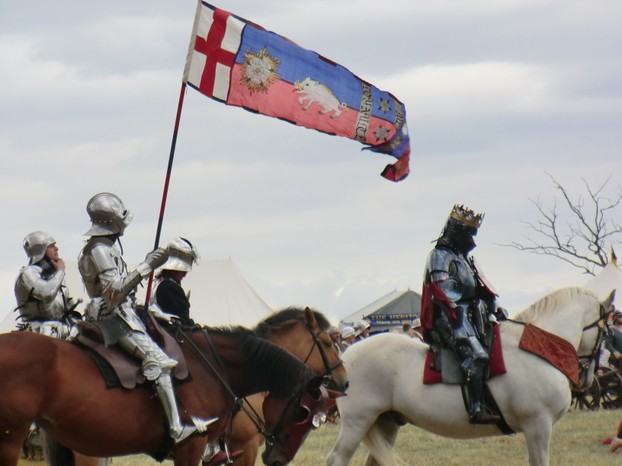





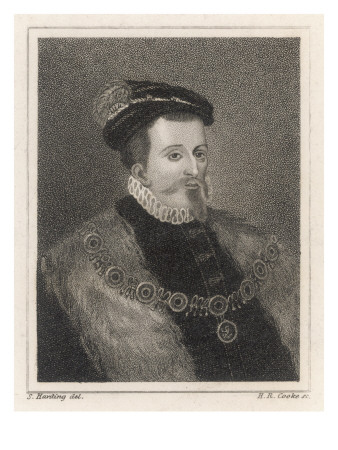











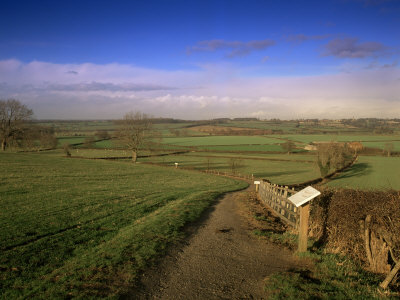
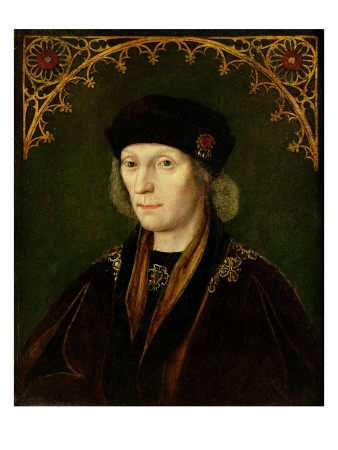
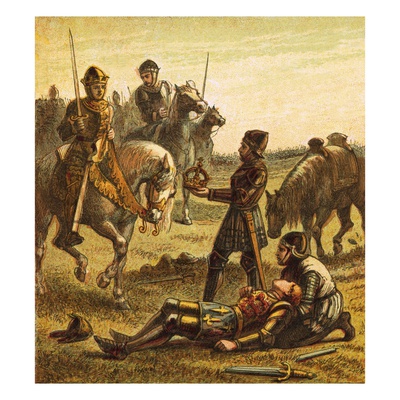













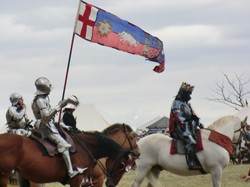

 St Tydecho's Churches in West Waleson 09/03/2014
St Tydecho's Churches in West Waleson 09/03/2014
 Goodies for an Outlander Premiere Partyon 03/06/2015
Goodies for an Outlander Premiere Partyon 03/06/2015
 Holocaust Memorial Day Interview with Rainer Höss, Grandson of Rudolf Architect of Auschwitzon 01/24/2015
Holocaust Memorial Day Interview with Rainer Höss, Grandson of Rudolf Architect of Auschwitzon 01/24/2015
 Romantic Valentine Gifts for an Outlander Fanon 01/16/2015
Romantic Valentine Gifts for an Outlander Fanon 01/16/2015

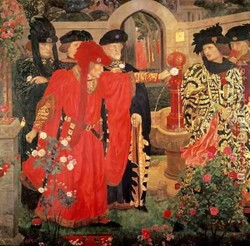
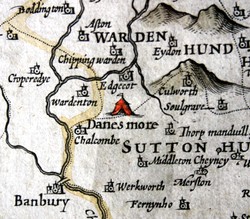
Comments
Not only on-line yet additionally offline or data stored in local storage space could also be shown. Now this software is made on various systems click this file and run it.
awesome streamed tunes is thought about the just like recording tracks via the radio.never ever share the documents as documents sharing IS thought about prohibited. great.
Great This attribute will certainly aid you save time required to download and install files compared to downloading data one by one. Fine.
It's a fascinating period in history. Did you do all of the Wars of the Roses?
That's a really interesting article Jo. I've recently finished a short course about England in the time of Richard III, and although it went over the Battle of Bosworth Field, you've gone into a lot more detail about it.
I thought the one and only defining moment of the whole of British history - was the day the sent the first convict fleet to Australia? Yes?
I'm glad you liked it.
Tell me, does Leicestershire feel any residual guilt over the whole car park incident?
Great article! I'd recommend anyone in the area to visit as it's definitely an interesting and worthwhile day out.